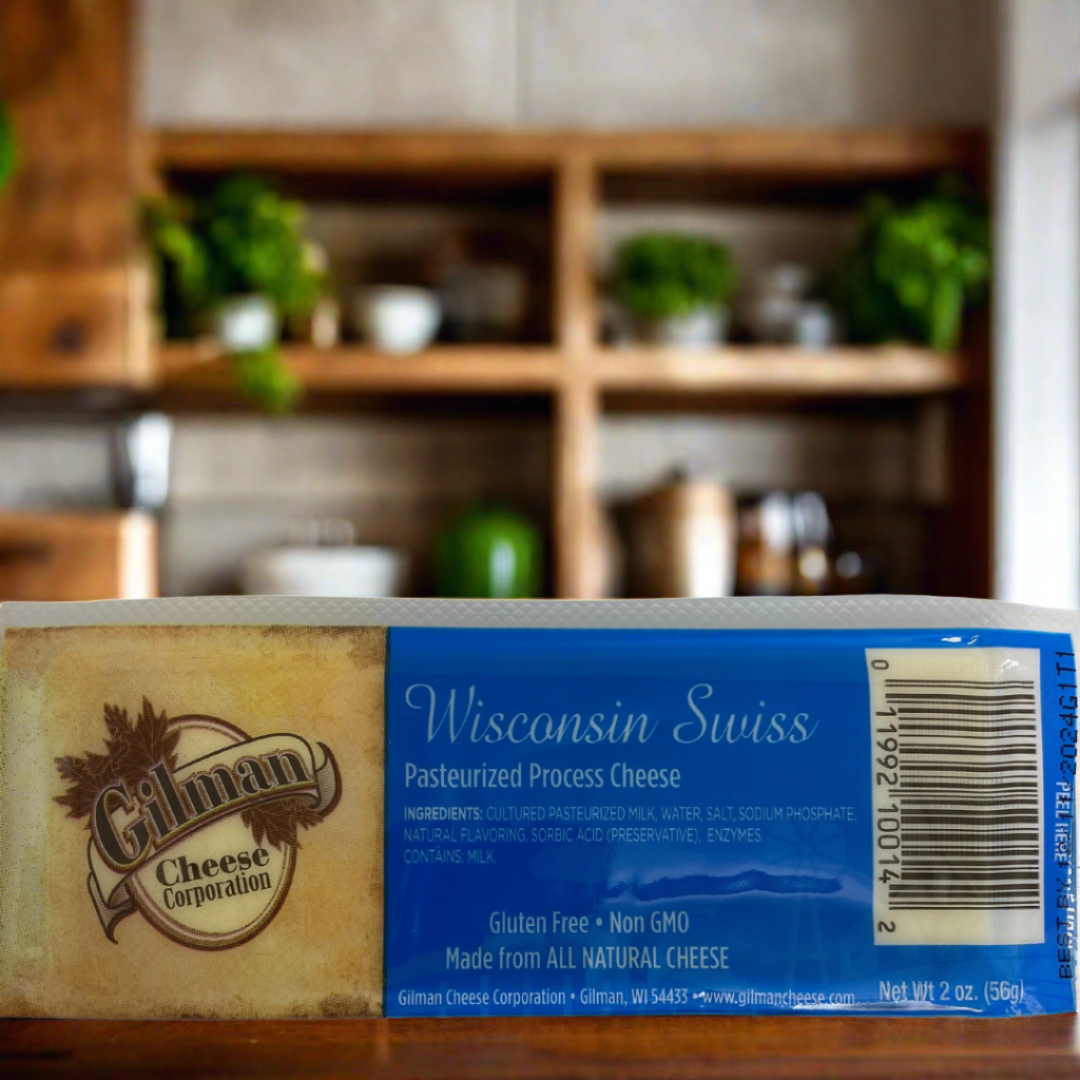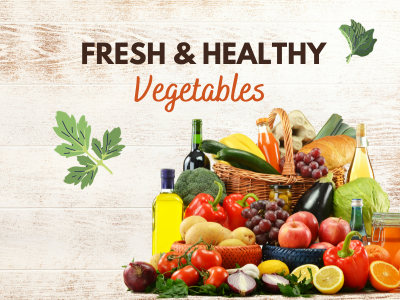From Farm to Table: A Guide to Picking and Preparing Fresh Vegetables
Another benefit of choosing and preparing fresh vegetables is that they’re incredibly versatile. They can be used to create salads, soups, casseroles, stir-fries, and more. Finally, fresh vegetables are great for your health. They’re low in calories and high in fiber, which makes them perfect for weight loss and reducing the risk of heart disease, diabetes, and other chronic illnesses.
How to choose the freshest vegetables at the grocery store or farmer's market
Choosing the freshest vegetables at the grocery store or farmers' market can be a bit of a challenge, especially if you’re new to the process. However, there are a few things you can look for to ensure that you’re getting the best quality produce. Firstly, look for vegetables that are in season. Vegetables that are in season are more likely to be fresh and flavorful.
Next, pay attention to the color and texture of the vegetables. Fresh produce should be vibrant in color and firm to the touch. Avoid vegetables that are wilted, bruised, or discolored. Finally, don’t be afraid to ask the farmer or seller questions about their produce. They’ll be happy to tell you about their growing practices and how to prepare their vegetables.
How to properly store fresh vegetables at home
Once you’ve brought your fresh vegetables home, it’s important to store them properly to ensure that they stay fresh for as long as possible. Vegetables can be stored in the refrigerator, but it’s important to keep them dry. Moisture can cause vegetables to spoil quickly. Use a paper towel to wrap vegetables like lettuce and kale to absorb any excess moisture.
Vegetables like carrots, radishes, and beets can be stored in a plastic bag in the crisper drawer of your refrigerator. However, it’s important to remove any green tops from these vegetables before storing them. The greens can cause the vegetables to wilt quickly. Finally, avoid storing fruits and vegetables together. Fruits produce ethylene gas, which can cause vegetables to ripen and spoil quickly.
Preparing fresh vegetables for cooking - washing, peeling, and chopping
Before cooking fresh vegetables, it’s important to prepare them properly. Start by washing them thoroughly under running water. Use a vegetable brush to scrub vegetables like carrots and potatoes to remove any dirt or debris.
Once washed, vegetables can be peeled or chopped as desired. However, it’s important to keep in mind that many of the nutrients in vegetables are found in the skin, so peeling them may result in a loss of nutrients. Finally, chop vegetables into bite-sized pieces to ensure that they cook evenly.
Simple and delicious vegetable recipes for every meal
There are countless ways to cook fresh vegetables, and the possibilities are endless. Here are a few simple and delicious vegetable recipes to get you started:
Breakfast:
1. Avocado toast with sliced tomatoes and a poached egg
2. Veggie omelette with sautéed spinach, mushrooms, and bell peppers
Lunch:
1. Greek salad with cucumbers, tomatoes, olives, and feta cheese
2. Roasted beet and goat cheese salad with walnuts and arugula
Dinner:
1. Vegetable stir-fry with broccoli, carrots, mushrooms, and snap peas
2. Ratatouille with zucchini, eggplant, tomatoes, and bell peppers
Tips for incorporating fresh vegetables into your diet
Incorporating fresh vegetables into your diet can be challenging, especially if you’re used to eating a lot of processed foods. However, there are a few tips that can help make the transition easier. Firstly, start small. Try adding one new vegetable to your diet each week and gradually increase the amount over time.
Secondly, experiment with different cooking methods. Roasting, grilling, and sautéing can all bring out different flavors in vegetables. Finally, get creative. Vegetables can be used in a variety of dishes, from soups and stews to smoothies and desserts.
The nutritional benefits of eating fresh vegetables
Fresh vegetables are packed with vitamins, minerals, and fiber, all of which are essential for good health. Eating a diet rich in fresh vegetables can help reduce the risk of chronic diseases like heart disease, diabetes, and certain types of cancer. Additionally, vegetables are low in calories, which makes them perfect for weight loss and maintaining a healthy weight.
Sustainable farming practices and choosing local produce
When choosing fresh vegetables, it’s important to consider the impact that farming practices have on the environment. Sustainable farming practices like crop rotation, composting, and cover cropping can help reduce the use of pesticides and fertilizers, which can be harmful to the environment.
Additionally, choosing local produce can help reduce the carbon footprint associated with transporting food long distances. When you buy from a farmer’s market or CSA, you’re supporting local farmers and their families, which is great for your community.
Conclusion
Choosing and preparing fresh vegetables is a great way to support local farmers, enjoy delicious and healthy food, and reduce your impact on the environment. By following these tips, you’ll be able to select the freshest vegetables, store them properly, and prepare them in a way that brings out their natural flavors. So, the next time you’re at the farmers’ market or grocery store, be sure to pick up some fresh vegetables and start experimenting with new recipes. Your taste buds and your body will thank you.
Latest Stories
Sympathy Gift Basket Selection and Presentation
In the following guide, we'll take a thoughtful journey into the meaningful aspects of selecting and presenting a sympathy gift basket.
10 Delicious Ways to Incorporate Nutritious Veggies into Your Meals
Who says vegetables are just for lunch and dinner? Incorporating veggies into your breakfast dishes is a great way to start your day on a healthy note.
Guide to Designing Irresistible Gift Baskets
Whether you're creating a personalized present for a loved one or curating a themed gift for a special occasion, mastering the art of gift basket design opens up a world of possibilities.




















